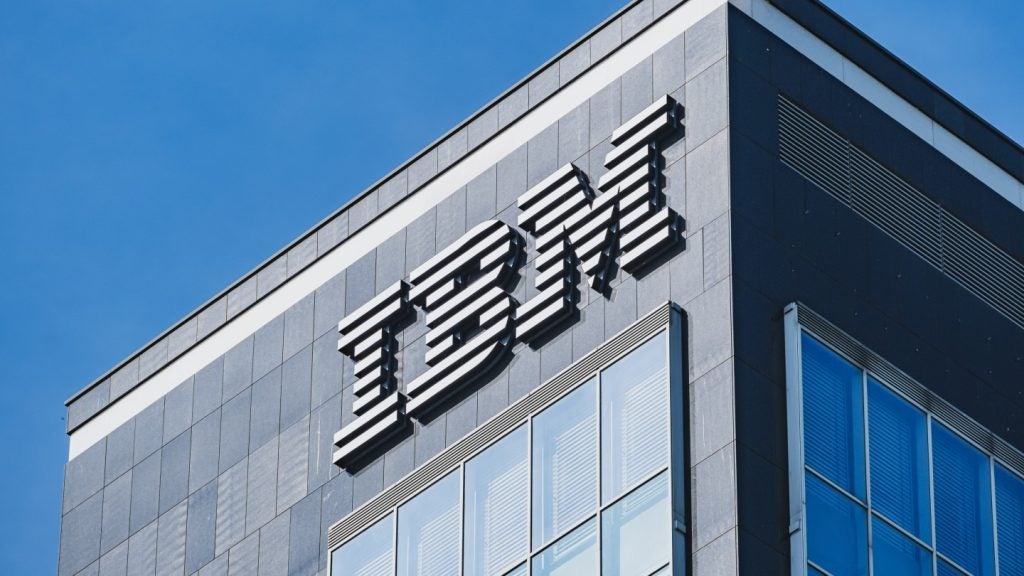
Swedish buy-now-pay-later (BNPL) company, Klarna, has reported its net operating income has increased 21% from the same period last year. However, the firm reported a net loss over the January-June period of $185m.
The company aims to achieve profitability in the second half of the year. The last time Klarna reported a full-year profit was 2018.
BNPL companies allow customers to defer payment through staggered installments on interest-free credit. The companies earn a profit by charging merchants a fee rather than consumers.
As rampant inflation has seen interest rates soar, the BNPL model has struggled. Klarna’s market valuation fell from $46bn to $6.7bn in 2022, with competitors PayPal and Affirm also facing a share sell-off.
Klarna embarked on a cost-cutting mission in 2022, in the hopes of achieving a profit in late 2023, which involved laying off 10% of its workforce last year.
Klarna co-founder and CEO Sebastian Siemiatkowski appeared encouraged by the results, tweeting: “I remember speaking to people last year who were not confident we’d pull it off […] we’ve achieved exactly what we set out to do!”
How well do you really know your competitors?
Access the most comprehensive Company Profiles on the market, powered by GlobalData. Save hours of research. Gain competitive edge.

Thank you!
Your download email will arrive shortly
Not ready to buy yet? Download a free sample
We are confident about the unique quality of our Company Profiles. However, we want you to make the most beneficial decision for your business, so we offer a free sample that you can download by submitting the below form
By GlobalDataAlongside harsh macroeconomic conditions, the BNPL sector is also grappling with tighter policing. Regulators, market watchdogs and consumer advocacy groups have warned that the BNPL industry could hurt people’s finances.
Wary of the potential market overhaul, BNPL firms have introduced new measures to keep consumers safe.
In the UK, Klarna and Laybuy stated they would start sharing customer data with credit agencies to prevent people from taking on unaffordable debt.







